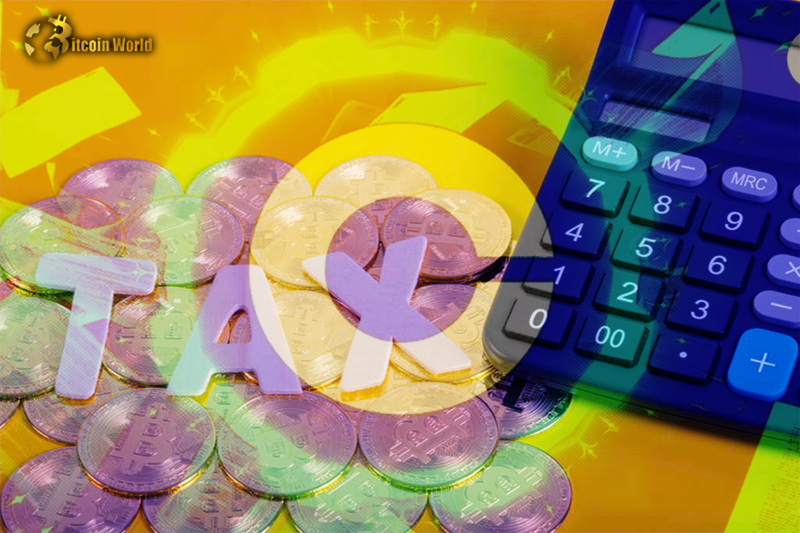In a groundbreaking move, the IRS has unveiled fresh regulations for reporting taxes on cryptocurrency in August. Should these regulations receive the green light, they are slated to take effect from January 2026.
Paul Singh Grewal, the Chief Legal Officer of Coinbase, a leading crypto exchange, has rallied the crypto community to stand against the proposed tax reporting guidelines from the United States Treasury. Grewal passionately implored the community to resist these regulations, cautioning that they might establish a worrisome precedent for extensive surveillance.
Expressing his concerns on X (formerly Twitter), Grewal delved into the potential issues tied to the suggested crypto tax reporting rules. He asserted that these rules extend beyond the mandate set by Congress for establishing tax reporting guidelines. Furthermore, he warned that if these regulations metamorphose into law, they could disadvantage digital assets and pose a threat to a burgeoning industry in its infancy.
The Internal Revenue Service (IRS) laid out a blueprint of the proposed regulations for crypto tax reporting on August 25. According to the proposed rules, crypto brokers would be mandated to use a new form to streamline tax filing processes and mitigate tax evasion. These regulations encompass both centralized and decentralized exchanges, crypto payment processors, specific online wallets, and crypto brokers.
Defending the introduction of a new form, the U.S. Treasury Department contends that it will simplify the tax filing process. By aiding taxpayers in determining their tax obligations, the new form aims to eliminate the need for intricate calculations or the employment of digital asset tax preparation services. If sanctioned, the revamped tax system will become effective in 2026, with brokers obligated to report transactions from 2025 starting January 2026 using Form 1099-DA. Nevertheless, numerous U.S. lawmakers are advocating for the IRS to enforce crypto tax reporting requirements before 2026.
Despite the Treasury Department’s assertion that the crypto tax reporting rules align with traditional financial reporting, Coinbase’s Chief Legal Officer refutes this claim. Grewal, in his X post, argues that these proposed rules could establish a concerning precedent, subjecting virtually every digital asset transaction, including the purchase of a cup of coffee, to mandatory reporting.
Furthermore, Grewal highlighted that the proposed regulations would necessitate the extensive collection of user data, serving no “legitimate public purpose.” He argued that this data collection could burden Web3 startups with onerous requirements while inundating the IRS with more data than they can effectively process and analyze.








